5 most memorable Chinese films that have been honoured at the Cannes Film Festival
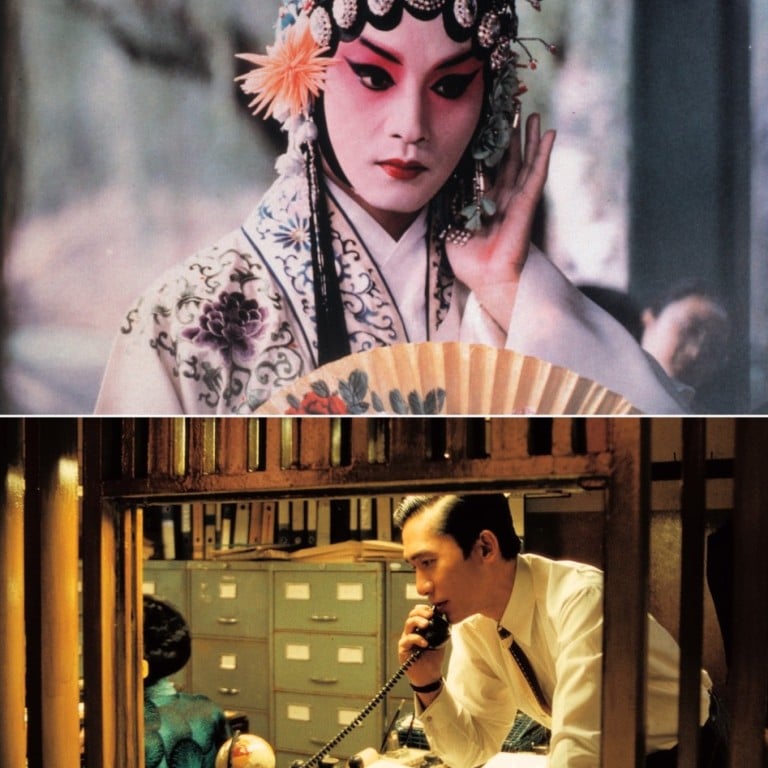
The 72nd annual Cannes Film Festival, which began last week in Cannes, in the south of France, is running until Saturday.
This year, there are four Chinese films competing for various awards at the prestigious French festival.
Summer of Changsha and Nina Wu are both vying for the Un Certain Regard award, while She Runs is among the contenders for the short film award.
The Wild Goose Lake – starring the leading mainland Chinese actors Hu Ge and Liao Fan, as well as the Taiwanese actress Gwei Lun-mei – is hoping to win the prestigious top award, the Palme d’Or.
5 scenes that made ‘cool-as-ice gangster’ Chow Yun-fat a screen legend
To mark the end of Cannes International Critics’ Week, on Thursday, Dwelling in the Fuchun Mountains, filmed by the young Chinese director, Gu Xiaogang, has been selected as the closing film.
Before all the prizewinners have been named and the curtain comes down on this year’s star-studded event, let’s check out five Chinese films that have been widely admired at Cannes in past years.
1993 – Farewell My Concubine
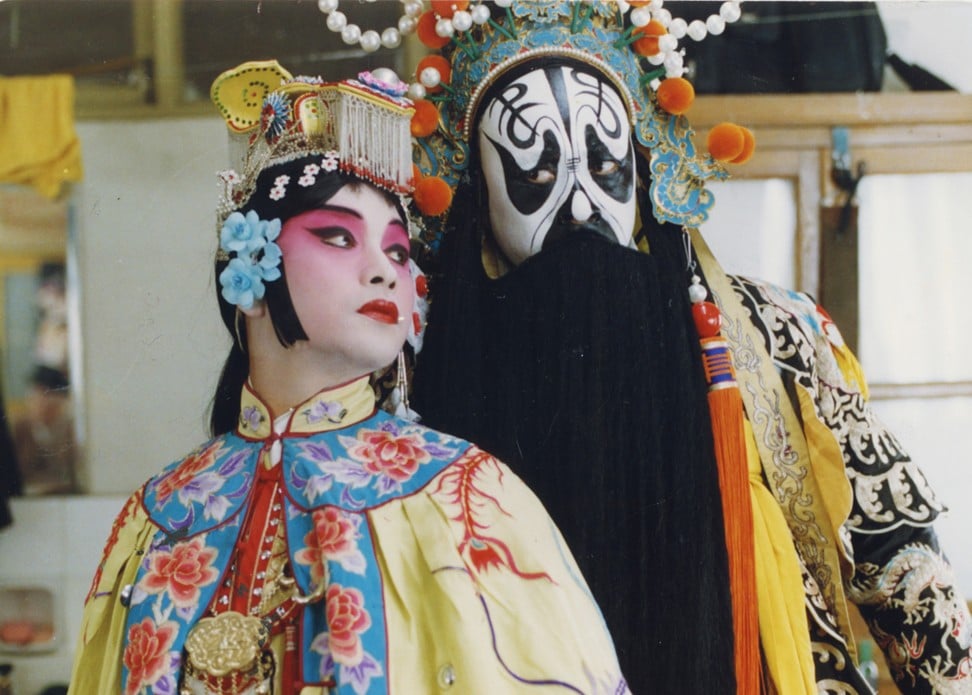
Regarded as among the fifth generation of Chinese directors, Chen Kaige made history by winning the Palme d’Or for his melodrama, Farewell My Concubine, at the 43rd Cannes Film Festival in 1993.
He is the first and only Chinese director to have been honoured with the film festival’s highest award up to now.
The film starred Leslie Cheung Kwok-wing, the late Hong Kong singer and actor, and the mainland Chinese stars, actor Zhang Fengyi and actress Gong Li.
Gong Li to receive Women in Motion award at Cannes Film Festival
1994 – To Live/ Lifetimes
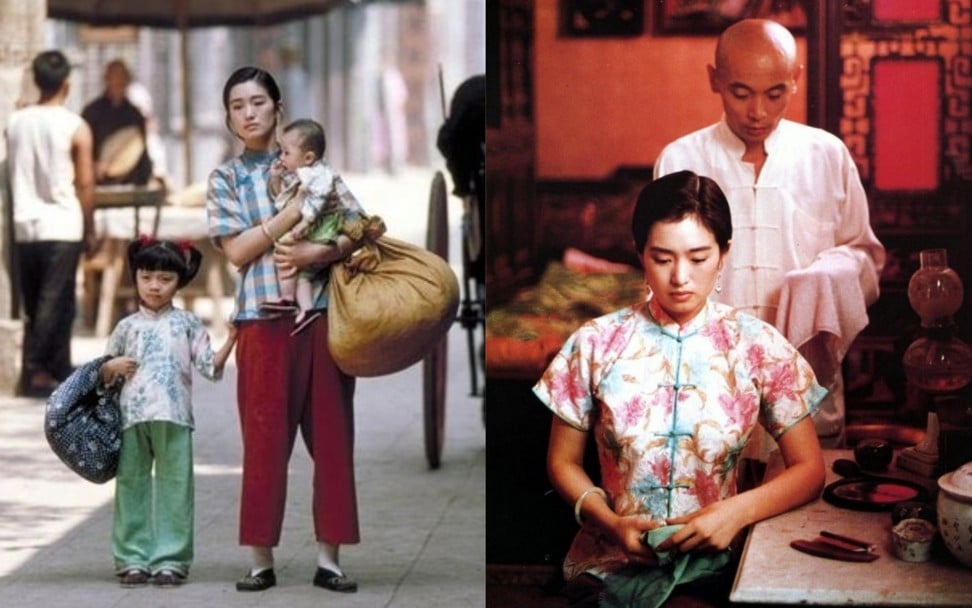
Another film starring actress Li, To Live, which is also known as Lifetimes – based on the novel of the same name by the avant-garde Chinese writer Yu Hua – won numerous prizes at the 1994 Cannes Film Festival, including the Grand Prix and Prize of the Ecumenical Jury.
Directed by the sought-after Chinese filmmaker, Zhang Yimou, this tear-jerker missed out on the Palme d’Or, but still saw its leading actor, Ge You, win the festival’s best actor award.
5 things we know about Wong Kar-wai’s new film, ‘Blossoms’
2000 – In the Mood for Love
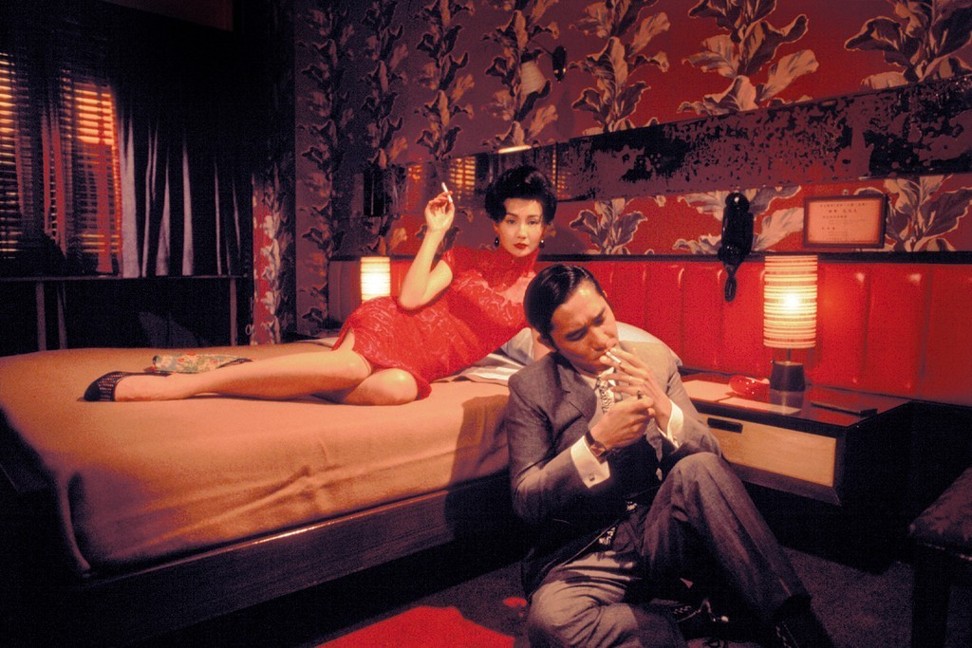
Tony Leung Chiu-wai is best known for his frequent collaborations with the Hong Kong auteur, Wong Kar-wai, who won the best director award for his romance, Happy Together, at Cannes in 1997.
Leung won the best actor award at the 2000 Cannes Film Festival – the first Hong Kong actor to receive this honour – for his performance in Wong’s film, In the Mood For Love, which co-starred Maggie Cheung Man-yuk.
The film, frequently listed as one of the best Chinese films of all time and one of the major works of Asian cinema, was also the winner of the technical grand prize that year for its creative, aesthetic look, thanks to the work of cinematographers Christopher Doyle and Mark Lee Ping-bin and film editor, costume designer and art director William Chang.
2007 – Lust, Caution
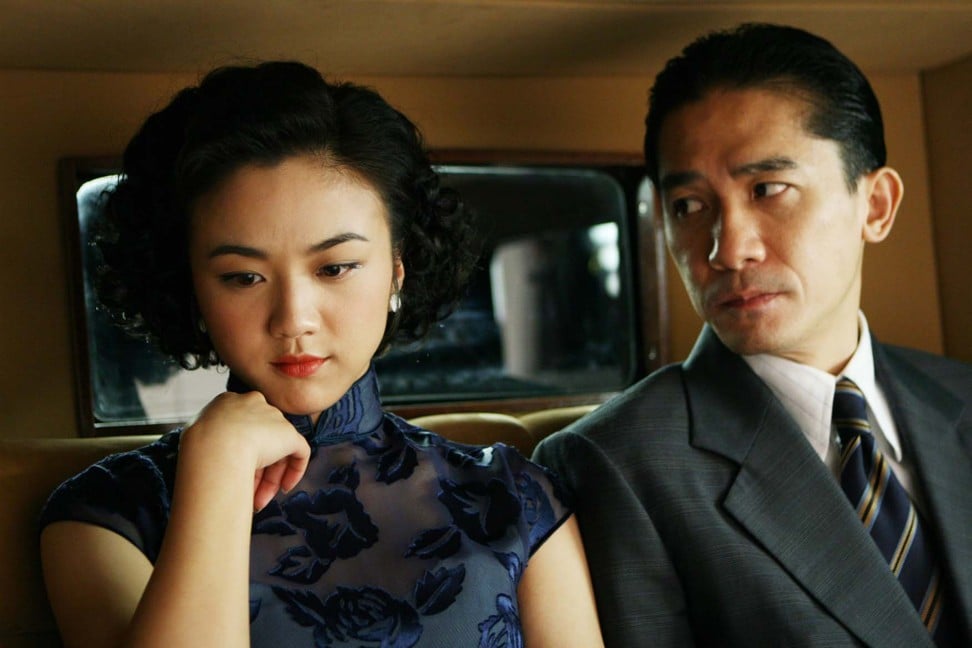
In 2007, the erotic period espionage drama, Lust, Caution directed by the Oscar-winning Taiwanese director Ang Lee, wowed audiences with leading actress Tang Wei’s eye-opening nude performance.
Tang’s performance paid off at the 61st Cannes Film Festival, too, with the then-29-year-old winning the Trophée Chopard, which aims to recognise and encourage the careers of young actors and actresses.
2015 – The Assassin
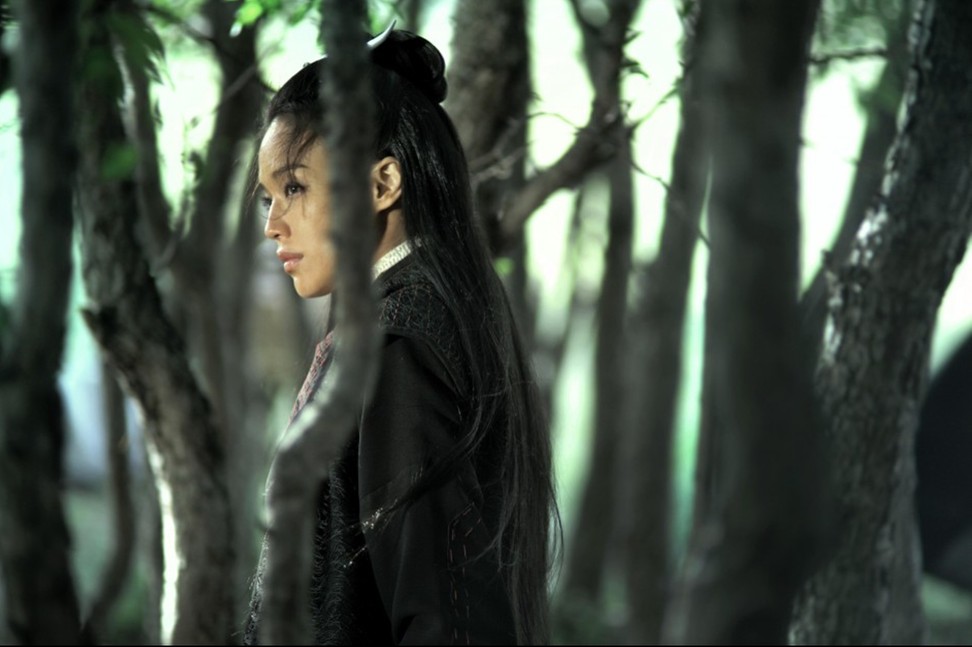
Famous for their elliptical storytelling and extremely long takes, the films of the celebrated Taiwanese director, Hou Hsiao-hsien, may not be everyone’s cup of tea.
With The Assassin, a martial arts film starring actress Shu Qi in the title role – based on a short story, Nie Yinniang, set during the Tang (618-907) dynasty – Hou won the best director award in the main competition section at the 2015 Cannes Film Festival.
Want more stories like this? Sign up here. Follow STYLE on Facebook, Instagram and Twitter

As four new Chinese films vie for honours at this year’s event, we recall the success of Farewell My Concubine, To Live, In The Mood for Love, The Assassin and Lust, Caution